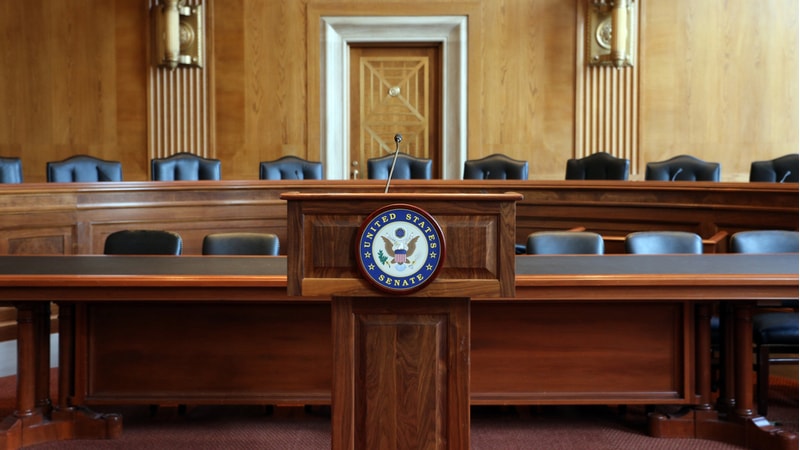
The Senate Commerce, Science, and Transportation Committee today approved legislation on broadband connectivity, protecting the public from online scams, and promoting industries of the future at a markup session March 11.
The Advancing Critical Connectivity Expands Service, Small Business Resources, Opportunities, Access, and Data Based on Assessed Need and Demand (ACCESS BROADBAND) Act cleared committee with an amendment from Sen. Cory Gardner, R-Colo.
The legislation, which has a House companion bill, would expand broadband access to underserved and rural areas through a Federal broadband support program, and establish an Office of Internet Connectivity and Growth within the National Telecommunications and Information Administration.

“I want to acknowledge all of the good bipartisan work that went into the ACCESS BROADBAND Act. Closing the digital divide that so many communities, particularly our rural communities, face is a priority … This bill is an important step in addressing this challenge,” Sen. Maria Cantwell, D-Wash., the committee’s ranking member, said at the markup.
The Industries of the Future Act also cleared the committee with a small amendment from Sen. Rick Scott, R-Fla., defining the phrase industries of the future to include any emerging technologies. The bill would promote billions of new funding for Federal research and development in emerging tech, such as artificial intelligence and quantum information science.
Sen. Roger Wicker, R-Miss., the committee’s chairman and sponsor of the bill, said at the hearing that the legislation is crucial to maintaining U.S. leadership in new tech.
“The ability to harness these new innovations will be crucial to America retaining its global leadership role. We have focused on 5G deployment and digital security, artificial intelligence, and quantum information science and we have considered ways to drive economic growth and workforce development at home,” he said.
The committee also approved a bill to extend the Undertaking Spam, Spyware, and Fraud Enforcement with Enforcers Beyond Borders (US SAFEWEB) Act of 2006 without amendment. The legislation and its House companion ask the Federal Trade Commission to protect Americans from online fraud, spam, and deception for another seven years.
